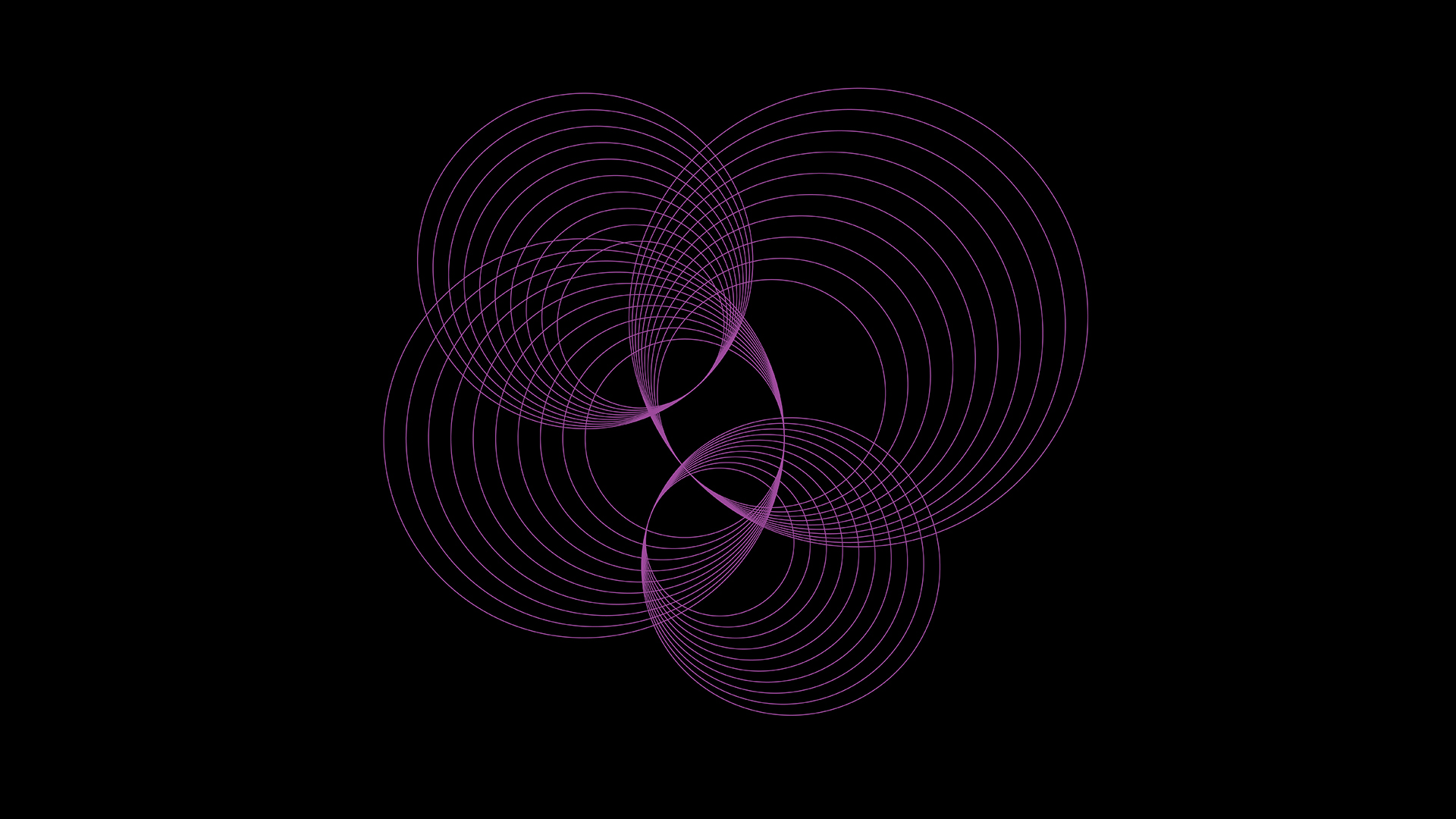VIKTOR ULLMANN
Die Weise von Liebe und Tod des Cornets Christoph Rilke
Baritone
Filippo Rotondo
Piano
Dario Bonuccelli
Die weise von liebe und Tod des cornets Christoph Rilke – Song of Love and Death by Christoph Rilke – is a collection of twelve excerpts from the poem of the same name by Rainer Maria Rilke, which Viktor Ullmann produced in 1942. The composer selected twelve musical pieces out of the twenty-six forming Rilke’s first poem with the initial purpose of writing for voice and orchestra. Only the first piece was entirely orchestrated, while the following ones he passed on very precise indications. Written in 1899, Rilke’s poem was published in 1906 and then modified and printed in its new version in 1912. The poet recalls the episode about his ancestor Christoph, who died in Hungary in 1663, fighting in a Crusade against the Turkish army. In the poet’s vision, the eighteen-year-old Christoph is an idealist, proud of his role of ensign and bearer of the flag which he will die for on the battlefield. The main themes are desire, also in the form of nostalgia, and death. Despite its prose style, the writing develops almost its own metre and can be defined as poem (Also because of its versatility, such an work was particularly adapt to be transposed into music). Despite the fact that Cornets was written various years earlier and that Rilke’s poetics was not linked to any contingent event, the poem was greatly acclaimed during the years of World War I, when soldiersi would bring the book to the front and saw themselves in the protagonist and in the many nostalgic elements evoked around them.
Knowing by heart Rilke’s work, Ullmann decided to put it into music in tragic circumstances: it was July 1944 and the composer was being detained in the Theresienstadt concentration camp and he would have soon be fatally transferred to Auschwitz. Ullmann had been volunteering at the front during the first World War, then he worked as a composer and orchestra conductor between Vienna and Prague until 1942, when he was captured by the Nazi. Despite the prisoners in Theresien lived in the terrible conditions of every contentration camp, in that specific one he found a favourable nevironment for cultural and artistic activities. In fact, Theresien was the camp where artists, writers and musicians were often deported. In such a horrific context, Ullmann kept composing between 1942 and 1944, and twenty-four of his manuscripts written during his detention period still remain nowadays. Among the many concerts held in the camp, the very same Die weise von liebe und Tod des cornets Christoph Rilkewas performed many times in its version for piano and voice. Such artistic activities and many others were promoted with a propagandistic purpose; propaganda was, and still is, a fundamental aspect for any totalitarian regime. The image of the regime needs to be carefully crafted and communicated to manipulate the crowd as effectively as possible. The sad case of Theresienstadt was included propagandistic program of the Nazi, who hid the atrocities of the concentration camp behind the image of a place where literature, theatre, music and art in various forms was created. Furthermore, the promotion of such activities at Theresientadt reflected ‘positively’ on the other camps, whose reputation could be seen as “reformative” detention centres. Nowadays, aware as we are of the atrocities of the Holocaust, we have an extraordinary example of how art cannot be really channeled into a purpose of a deviant communication; in fact, the message left by Ullmann with Die weise von liebe und Tod des cornets Christoph Rilke resonates loud and clear.
«I must underline that Theresienstadt was rather an incentive rather than an obstacle for my musical work; in no way we sat on the banks of the rivers of Babylon crying; our respect for Art was as strong as our will to live. And I am convinced that, in life as in art, anyone fighting for their life would agree with me.»
Viktor Ullmann
Ludovica Gelpi

